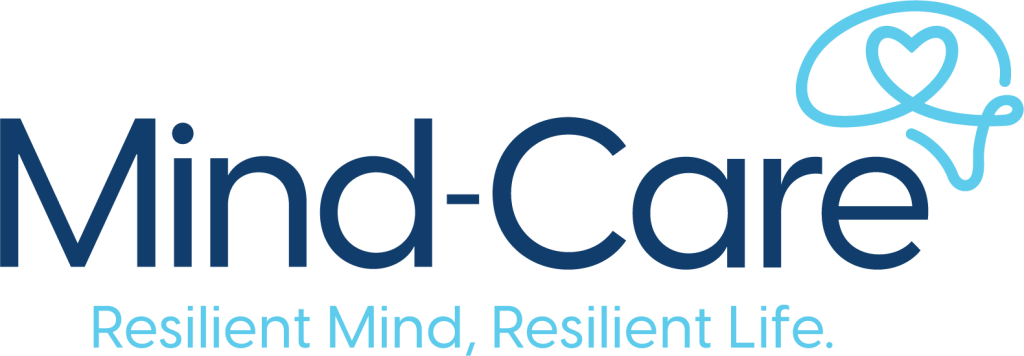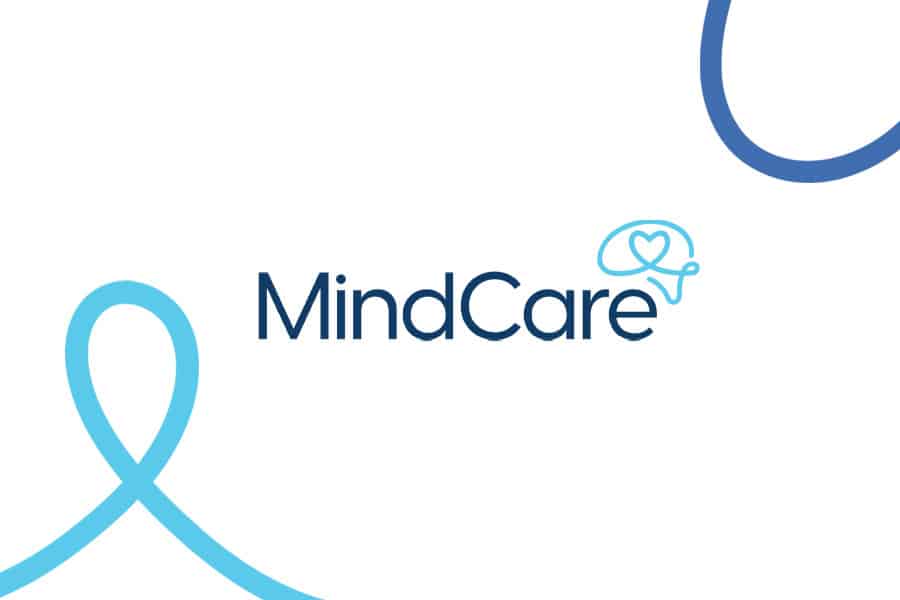Post-Traumatic Stress Disorder (PTSD) can affect anyone exposed to trauma.
While often linked to military service, PTSD also affects:
- Car accident survivors
- Victims of sexual assault
- People exposed to natural disasters
- Children witnessing violence
PTSD develops when the brain struggles to process and store traumatic experiences, resulting in ongoing distress.
How is PTSD diagnosed?
PTSD is diagnosed when symptoms last longer than one month and impair daily life.
Symptoms include:
- Flashbacks or intrusive memories
- Nightmares
- Avoidance behaviours
- Emotional numbness
- Hyperarousal (e.g. being easily startled)
- Negative changes in mood and thinking
If left untreated, PTSD can disrupt relationships, employment, and physical health.
Myth 1: PTSD is untreatable
PTSD is treatable with evidence-based therapies and medication.
Effective treatment options:
- Psychotherapy – one-on-one or group sessions with a psychologist
- Exposure therapy – gradual exposure to trauma-related stimuli in a safe setting
- EMDR therapy – Eye Movement Desensitisation and Reprocessing
- Medications – such as antidepressants for anxiety, anger, and low mood
Lifestyle interventions like better sleep, fitness, and diet also support recovery.
Myth 2: PTSD is a sign of weakness
PTSD is a natural response to overwhelming stress, not a personal failure.
Several factors influence PTSD risk:
- Trauma severity and duration
- Type of trauma (e.g. violence vs. accident)
- Past trauma history
- Neurobiology and brain response
- Lack of social support
The stigma that PTSD reflects weakness often discourages people from seeking help.
Myth 3: People with PTSD are unstable or dangerous
PTSD does not involve psychosis or a tendency toward violence.
This myth is fuelled by media portrayals that are not backed by research. Most people with PTSD are:
- Emotionally reactive
- Withdrawn or hypervigilant
- Coping with internal distress
PTSD is about survival, not aggression.
Myth 4: People with PTSD can’t live normal lives
With treatment and support, people with PTSD can thrive.
Most individuals:
- Continue working
- Maintain relationships
- Contribute to society
- Manage symptoms with healthy coping mechanisms
Recovery may take time, but it is possible—and common—with the right care.
FAQs
Can anyone get PTSD?
Yes. PTSD affects people of all ages and backgrounds after exposure to trauma.
Is PTSD treatable?
Yes. Psychotherapy, EMDR, medication, and lifestyle changes all support recovery.
Does PTSD mean someone is dangerous?
No. PTSD is not associated with violence or psychosis. That is a harmful myth.
What are the signs of PTSD?
Flashbacks, nightmares, avoidance, irritability, and mood changes lasting over a month.
Can someone with PTSD live a normal life?
Yes. With treatment, people with PTSD can function well in personal and professional settings.
What treatment does Mind Care offer for PTSD?
Mind Care provides trauma-informed therapy, including EMDR, CBT, and psychological support for children, teens, and adults.
Need help managing PTSD?
You don’t have to face trauma alone. At Mind Care, our team offers proven therapies and a safe, non-judgmental environment for healing. We support children, teens, and adults through trauma recovery with expertise and empathy.
Contact us now to explore your options for PTSD treatment and get the support you deserve.












